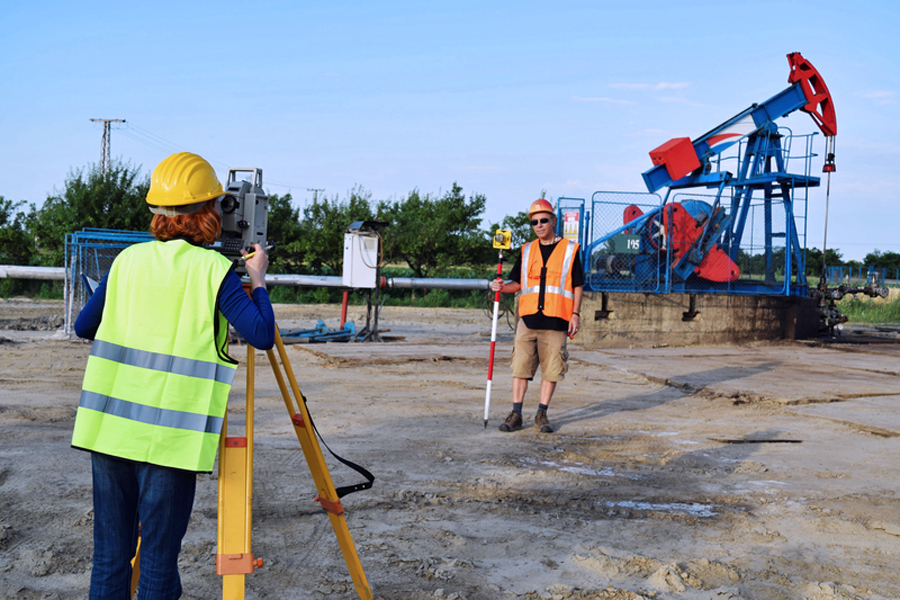Op-Ed: The myth of P.R. as mecca of engineering and surveying

Without a doubt, you have heard innumerable times that Puerto Rico is “a mecca for engineering and surveying.” We derive a lot of pride from thinking that the best firms in the world “come to Puerto Rico to recruit” engineers and surveyors.
Today I want to open our eyes to an undeniable reality that contrasts with this idealized vision we have about these professions. There is little interest in many of our graduates with these bachelors in formalizing their professional career through a license regulated by the state, and that has become a real problem, with an impact that will also be detrimental in their lives and in our island.
The reality is that if immediate measures are not taken to reverse current trends, the result is the same as not having regulations. What many of our young people do not understand is that the graduation diploma does not start a professional career — it simply culminates an academic career.
Data from the National Council of Engineers and Surveyors Examiners (NCEES for its acronym in English), entity to which the Board of Examiners of Engineers and Surveyors of Puerto Rico belongs, shows that no more than 25% of graduates of these subjects opt for taking the fundamental revalidation exam. In other words, 75 of every 100 graduates of these professions choose not to professionalize themselves.
It is a huge number of graduates who deprive themselves of performing to the best of their abilities, by not completing the process of professionalization. Even if you have a well-paid job in non-professional positions, they will limit the potential of their careers and diversity of practice. That is, they auto impose limits on their professional growth.
We consider it a matter of urgent interest to increase the number of graduates who choose to take this exam. It requires the commitment of local universities, industry and government in this matter of social responsibility.
After much dialogue and negotiations with the universities, the College of Engineers and Land Surveyors (CIAPR, for its initials in Spanish) has achieved important advances in articulating strategies to address this problem.
However, the industry and the government continue to be a challenge for the graduates of these careers to become professionals without limitations of practice. Often graduates without license are employed and advantage is taken of their talent without promoting their professionalization.
By not promoting a revalidation, they are deprived of formal training aimed at full professional development. Worse yet, if they are promoted to professional positions without a license, the law is violated.
It is proven that with the passage of time after obtaining the diploma, the probability of success in revalidation diminishes as do the opportunities available for employment in licensed positions.
Unfortunately, an engineering or land survey graduate who does not have a license can be tempted in subsequent years to provide a service to a citizen without the legal credentials required for these practices.
In the CIAPR we see it too often. This puts citizens at risk and it is unfair for those who choose to comply with the requirements of the state and maintain their competence through continuing specialized education for these practices and the license required by law.
Some argue that the test does not prove the competition. However, what everyone should know is that it is the same exam that candidates take for these practices throughout the American nation. The reason is simple: many of our engineers and surveyors authorized to practice choose to practice in other jurisdictions in the United States.
Similarly, we receive professionals from other jurisdictions of the nation who wish to practice in Puerto Rico in accordance with our laws. That is known as reciprocity. If local and national standards were not consistent, there would be no such reciprocity.
Other graduates claim that they prefer to leave because in Puerto Rico to be an engineer or surveyor, a license is required. They should bear in mind that the employment that can be obtained without a license is a non-professional one and the use of the title is also regulated to offer and provide the services of this nature in any part of the United States.
We must understand that the license to practice professionally is also required in other jurisdictions because they are regulated professions.
Consumers must make sure that they hire someone with a license. Otherwise you are exposed to extremely expensive remedies.
Our consistent and urgent message has been about the danger of deregulation of professions such as engineering and land surveying, due to the virtual state of emergency that would create no oversight of these professions and their impact on the safety of the people.
But we must also give warning about this dangerous trend among our graduates in engineering and land surveying. A process of a lot of work and study culminates when obtaining an academic degree in engineering or land surveying.
Leaving this dream half-hearted is equivalent to the old saying: “So much swimming to die on the shore.”














